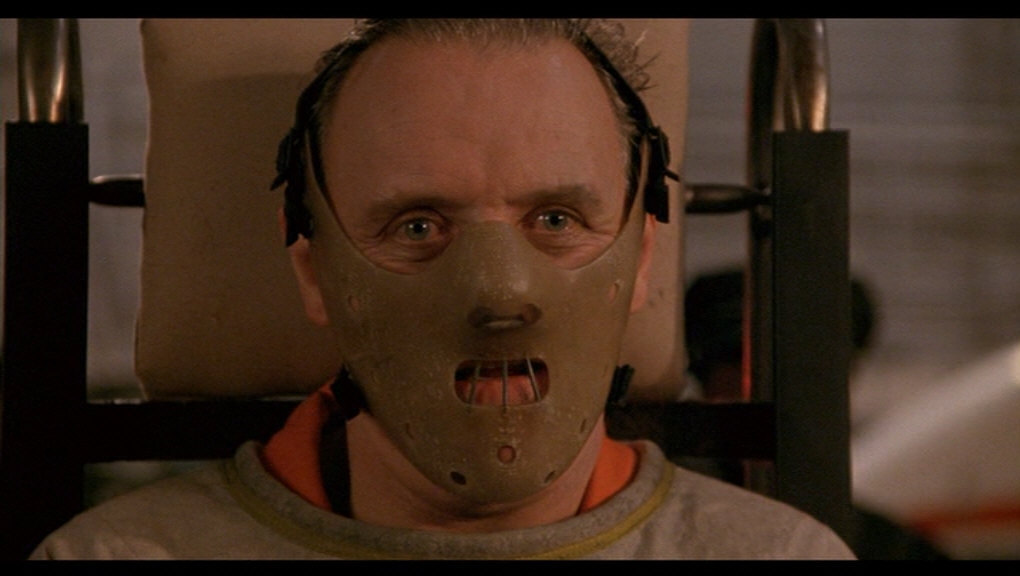Hotels, bed and breakfasts, and vacation rentals are all competing for their market share of today’s travelers, who are armed with multiple devices and tools to search for lodging . Even if you get their clicks, it’s getting harder to keep their attention. Add to the mix Airbnb, deep pocket OTA’s, and meta search engines, and you are now competing in the big leagues, no matter how big or small your lodging operation is.
Now there is one competitor you absolutely do not need – yourself! Cannibalization of your hotel website traffic happens when you help your visitors leave your site via external links. It takes a lot of effort to get visitors to your site.
Here are the top ways you are confusing your visitors, and even pushing them off your site.
Social Media Cannibals
Facebook, Twitter, Google+, Instagram, Pinterest, etc., are a special breed of cannibal. Special because when used the right way they actually boost engagement and drive a lot of qualified traffic to your website. The social media gold rush of the past 5-6 years has resulted in a consistent hotel website feature: every lodging website now has the bright, shiny, candy-like social media icons. They have spread like a virus. Everyone is giving their users the option to click out from their website directly to Facebook, Twitter, Instagram, etc. Basically, you have taken your visitor out of your website to a place where they are highly unlikely to book a room.
Why? The answer is distraction: new baby photos, breaking news, family drama, friends living a perfect life, etc.
Guide your audience from social networks to your site, not vice versa. Tone down the screaming social icons on your website. Do your best to keep your visitors on your site, which should be primed to put direct revenue into your bank account.
Video Cannibalized the Traffic Star
If you’re using YouTube to embed videos on your website, you can easily fall victim to this form of traffic cannibalization. This is especially true if you have a YouTube link on your embedded video player like this one:
A visitor clicking on this link is likely never coming back. Why? Because cat videos, fail videos, and other viral videos are now fighting for their attention and winning.
Always remember this fact: YouTube is extremely good at keeping their visitors. Once people leave your site and link into YouTube, it’s pretty much game over.
What’s a better alternative? I suggest the following:
- Self-host your videos – for better website conversions (keep visitors from leaving).
- Use a video service like Vimeo or Viddler – a cleaner, decluttered space to share in.
- Directly post on YouTube – to get social shares.
YouTube is a huge community and a popular search engine. However, unless you are seriously cultivating your YouTube subscribers, you will be better off hosting your videos elsewhere.
Cannibalization Through Clutter
If you have multiple images and messages on a page of your site that are vying to be the most prominent thing on that page, you might be damaging your traffic. B&B/hotel/vacation rental sites generally have a common theme: the home page is a sensory overload of offers and specials. The whole “call to action” thing tends to get out of hand when you implement website design that has been approved by an eager committee.
Your mix of images, content, and calls to action needs to be razor sharp. Focus on one message per page. This is possible 99% of the time, so don’t let your own website content distract and visitors from taking the actions you want them to take.
Death by Zombie SEO
Search engine optimization can be used to immensely improve your traffic stats. But, over-optimization can hurt your online traffic. If you are going after multiple keyword rankings on every page of your website, you are cannibalizing your traffic. Good lodging websites should stick to a sitemap that optimizes for keywords and user experience. Over-optimizing (using more than 2-3 focus keywords per page) dilutes your efforts. It also eats away at your search engine referral traffic. It’s better to rank for on top for one keyword than to never rank for anything due to traffic dilution. Stay relevant. Stay on top for the keywords that matter.
Conclusion
Marketing takes a lot of time and money. It’s imperative not to compete with yourself on your own website. All your demand generation, social media, branding, and search marketing efforts should lead into your website; your website should encourage visitors to stay and book. Cannibalizing your traffic after they have arrived is like running a marathon and stopping 20 meters from the finish line.



